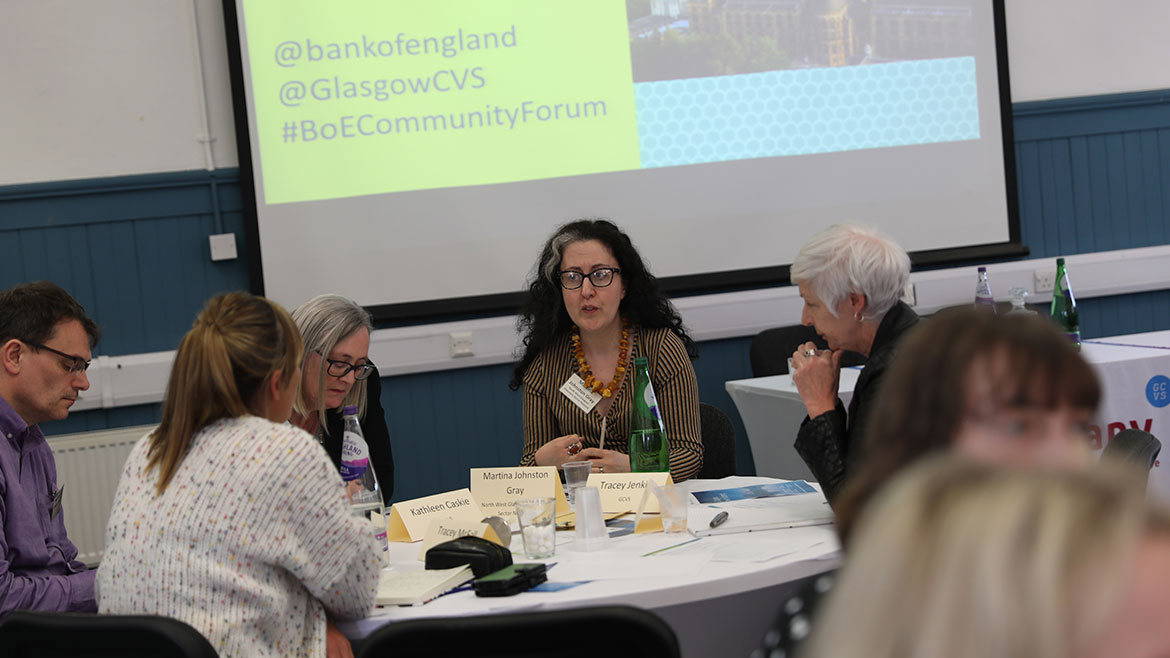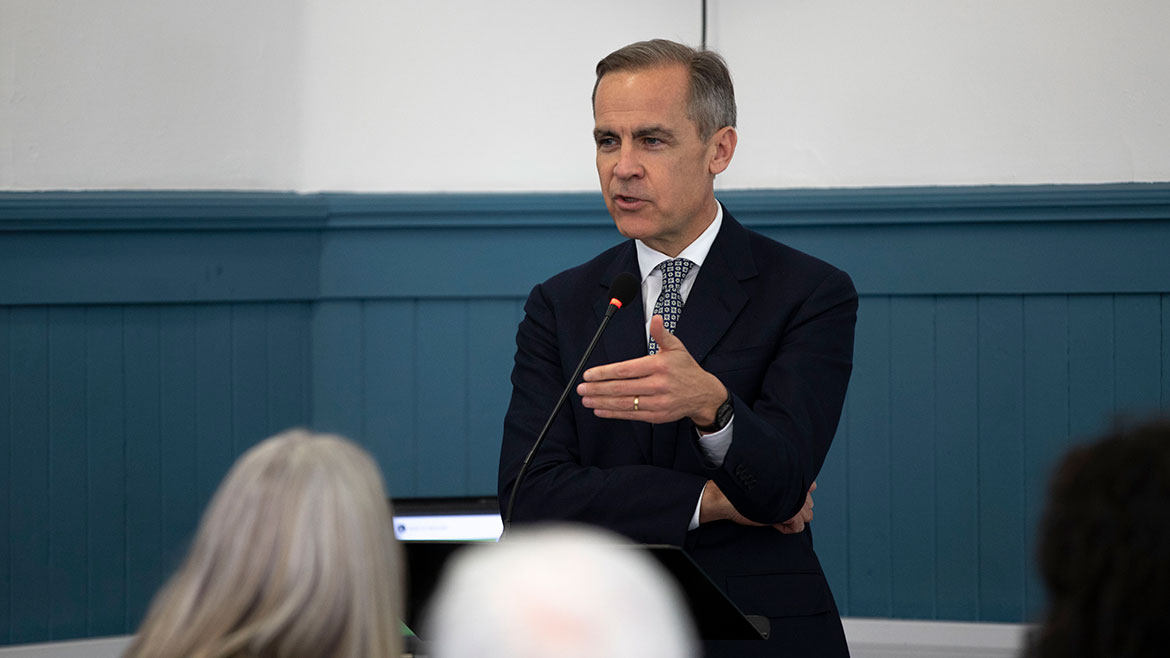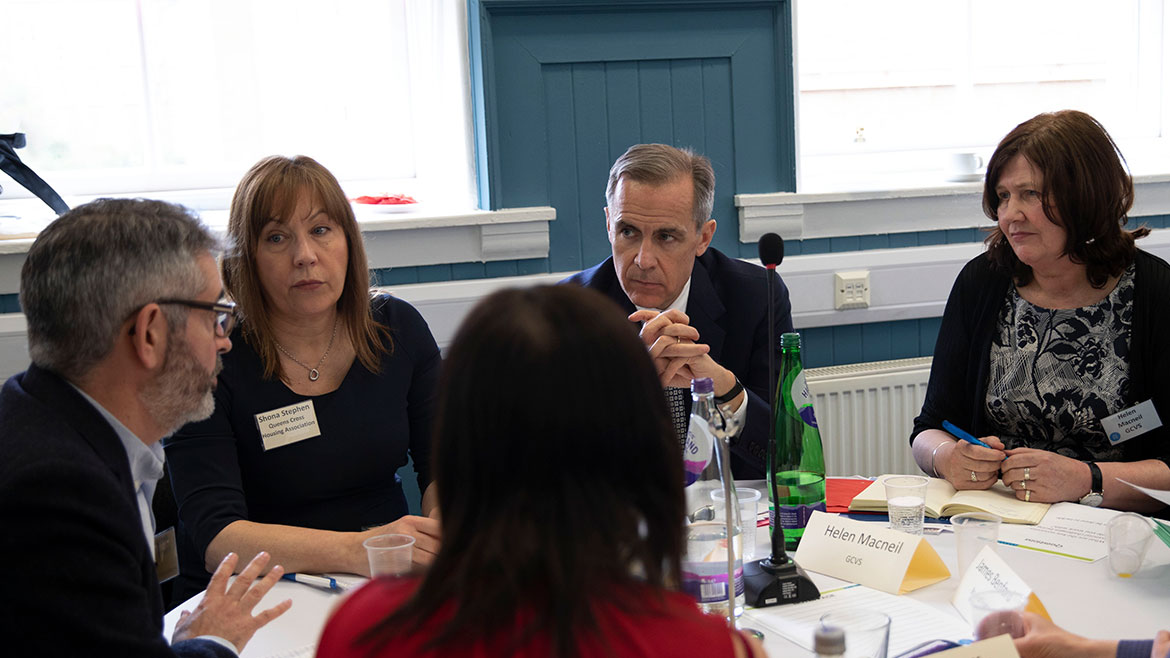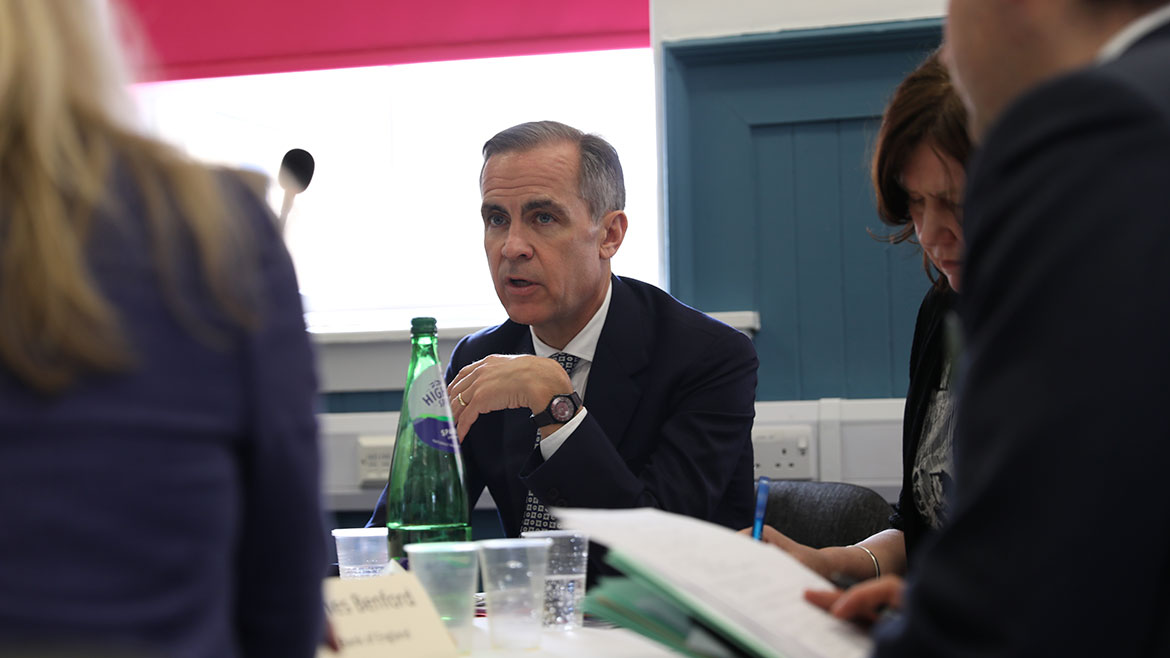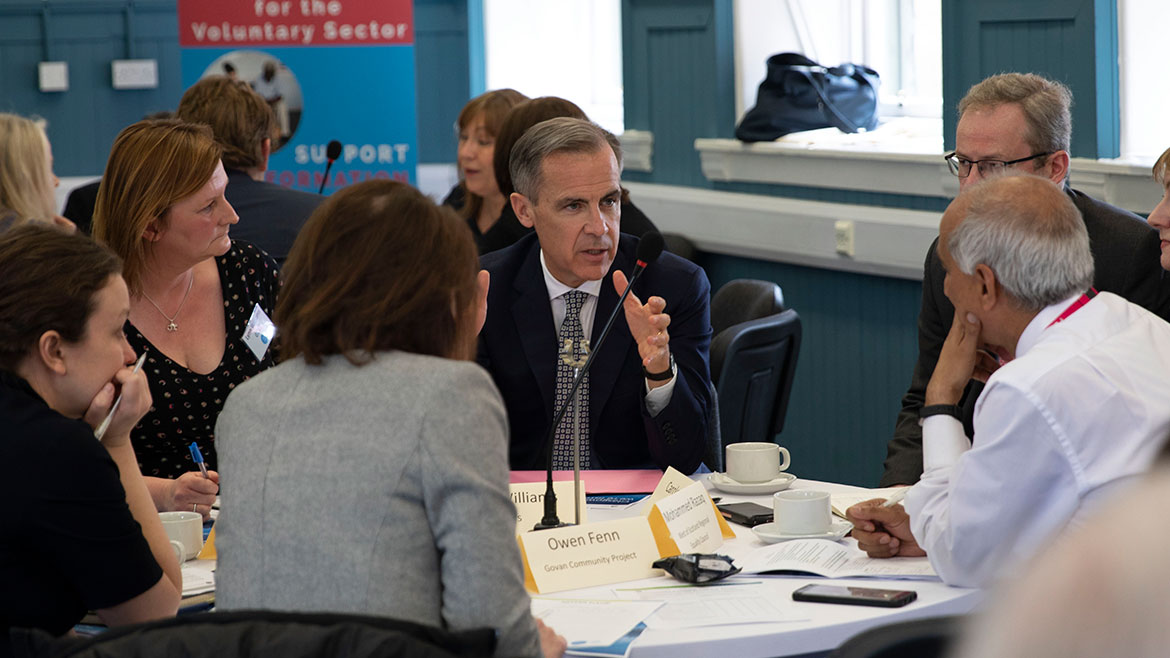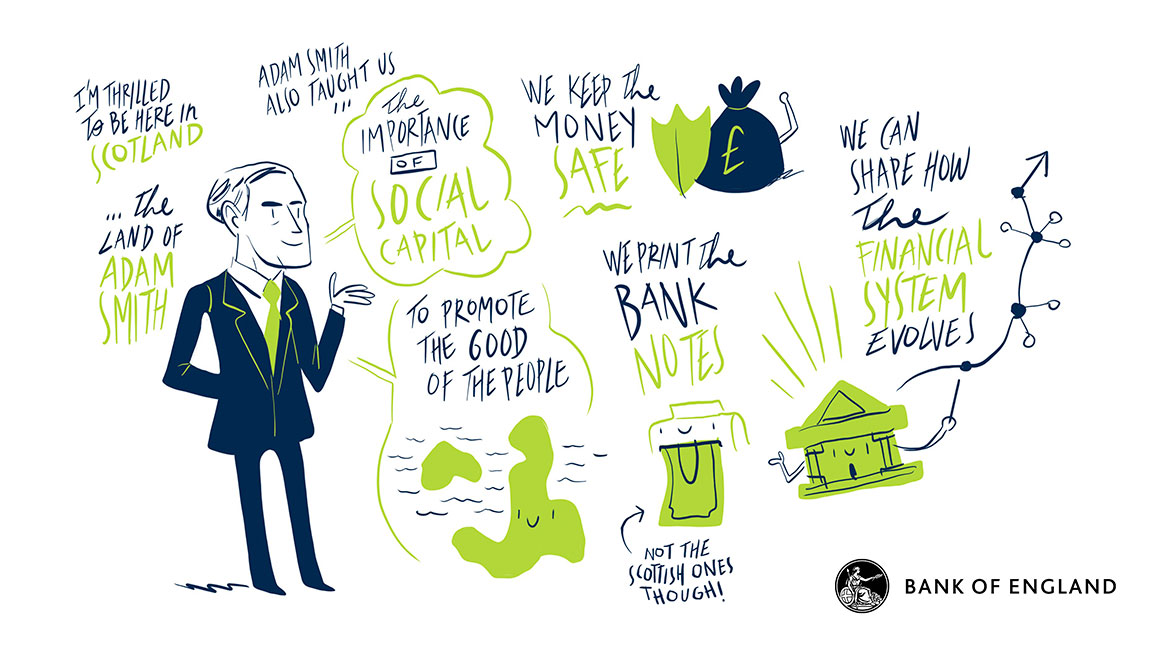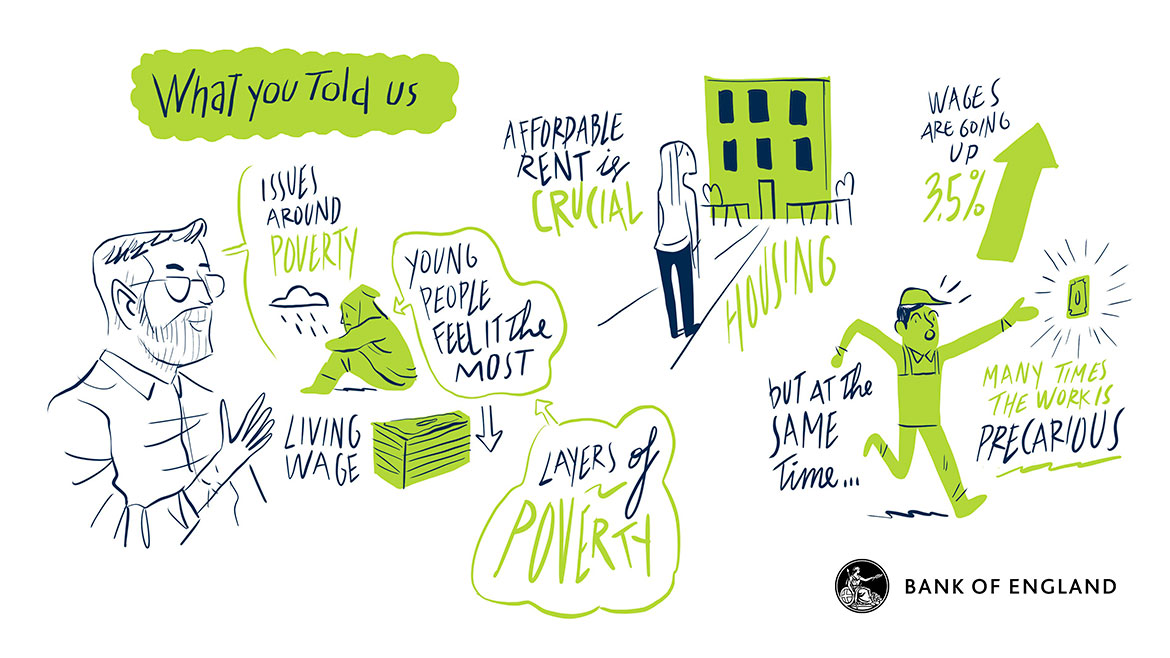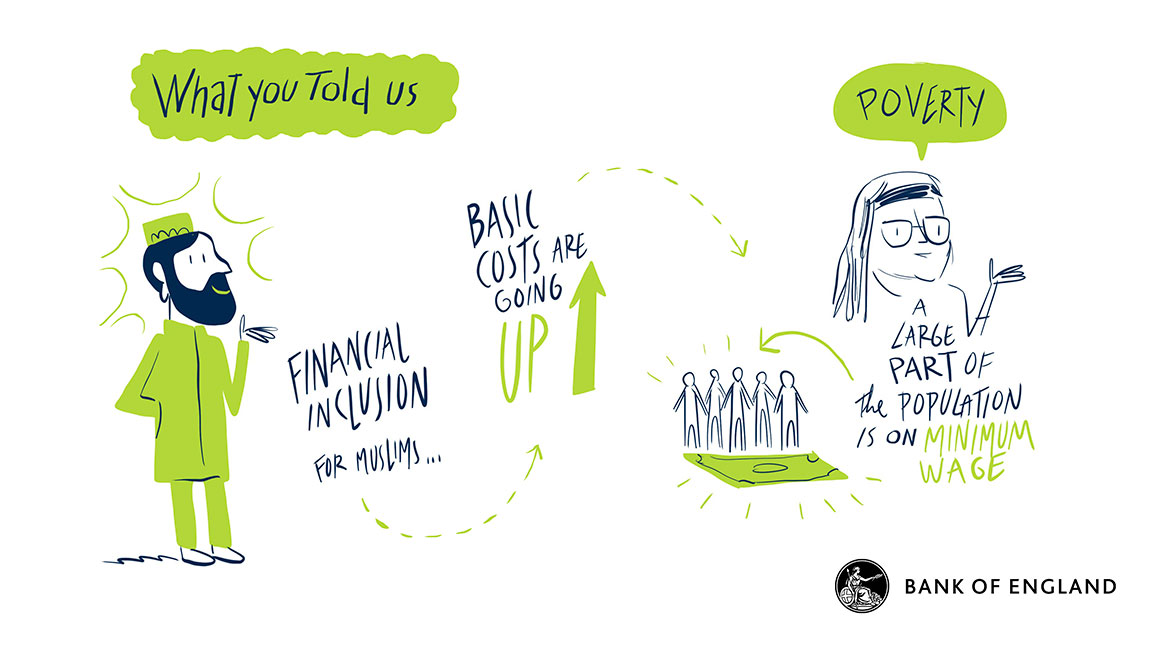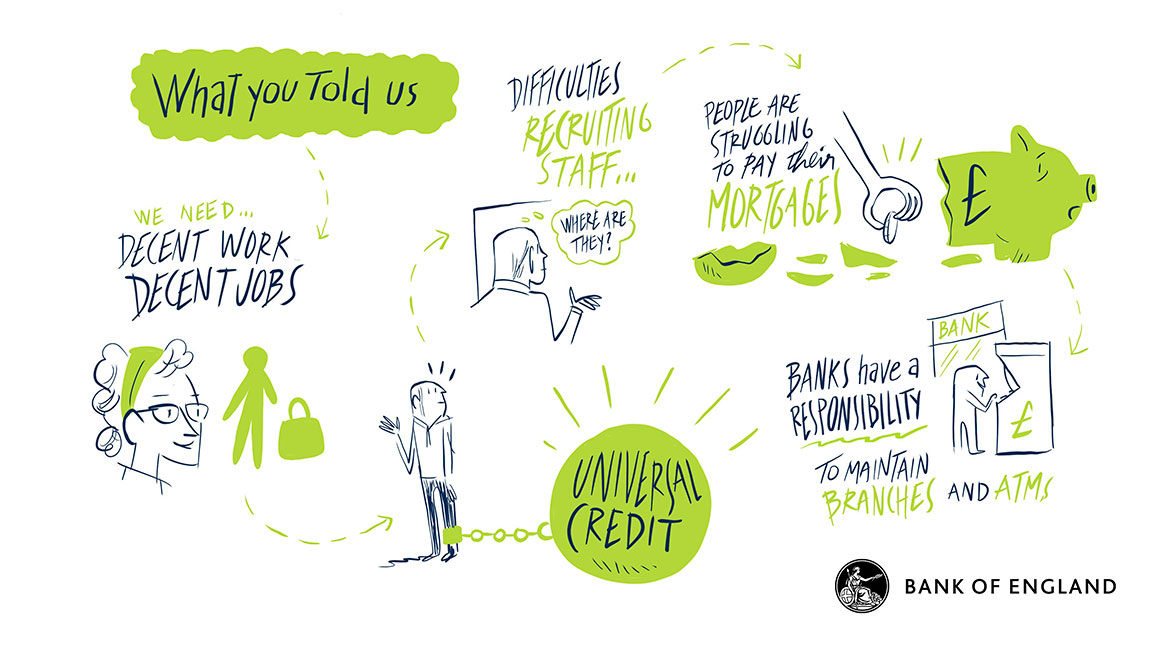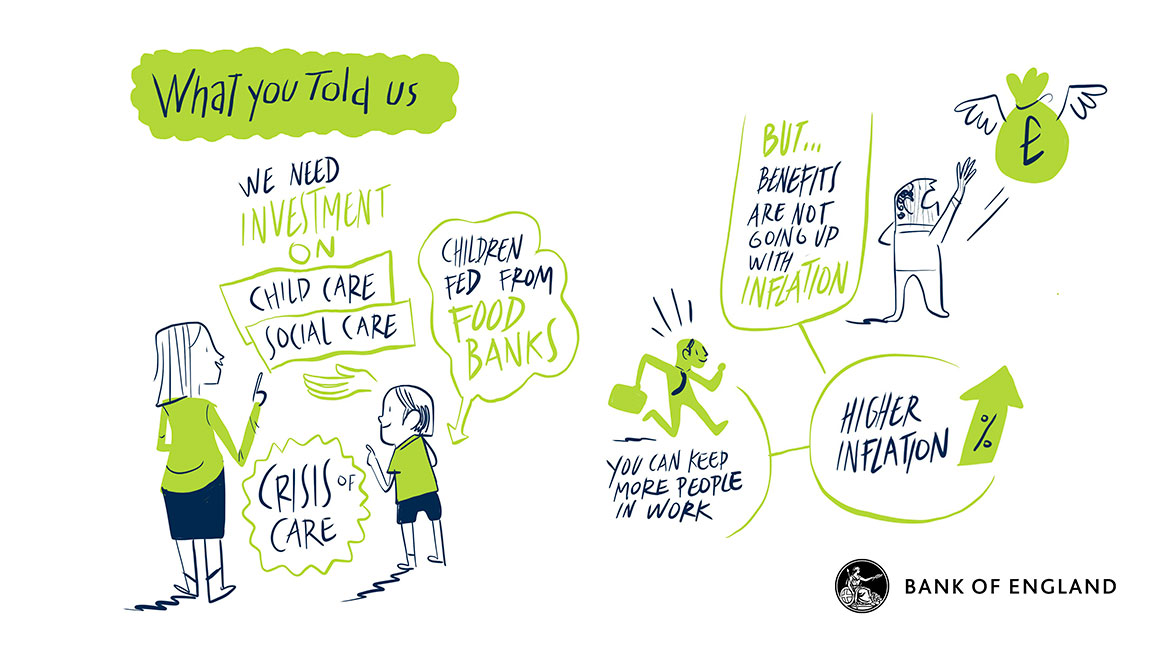If ever one needed proof of the scale and diversity of the economic contribution made by the voluntary sector, it was to be found at the Albany Learning and Conference Centre in Glasgow.
This former school in the city’s west end today acts as a hub for the hundreds of organisations which are convened from time to time by the Glasgow Council for the Voluntary Sector. On the day of my visit it was positively buzzing with discussions between those who lead or support charities that carry out wide-ranging types of vital work in their communities across the city.
The voluntary sector needs to be included in conversations about the economy. In Glasgow alone the sector employs more than 12,500 paid staff and at least three times that number do unpaid voluntary work every week. Combined, their annual income is almost £1bn, comparable with some of the city’s biggest private companies.
Our Community Forums are designed to cast a broader lens on the economy: to deepen our understanding by asking people to tell us about the biggest economic and financial challenges they face. And, more importantly, what do they think can be done to make things better?
Those were the two questions we asked those in attendance at the Albany Centre to discuss on their tables. I had the privilege in sharing in all of those discussions during a session lasting around two hours. It gave me new insights on a whole range of issues.

